People who have a special animal in their lives will move heaven and earth to protect their babies.
That's why every single pet parent needs to know about a dangerous symptom called head-pressing.
Animals communicate in all sorts of ways, from trailing you to the bathroom as a way of saying "I love you" to loudly barking when demanding more food.
But if you see your pet pressing his or her head against a wall or another hard surface, you should know that it's a clear sign something is very very wrong. That's when you should get medical attention straight away.
The pressing is not the lovable gesture dogs and cats make when they want a snuggle. Rather, it's a very precise repetitive motion that means it's time to take them straight to the vet's office.
Scroll through below to learn more about this scary symptom and how you can protect your pet.
Thumbnail Photo: Facebook / Curiosidades Históricas
What Is Head Pressing?
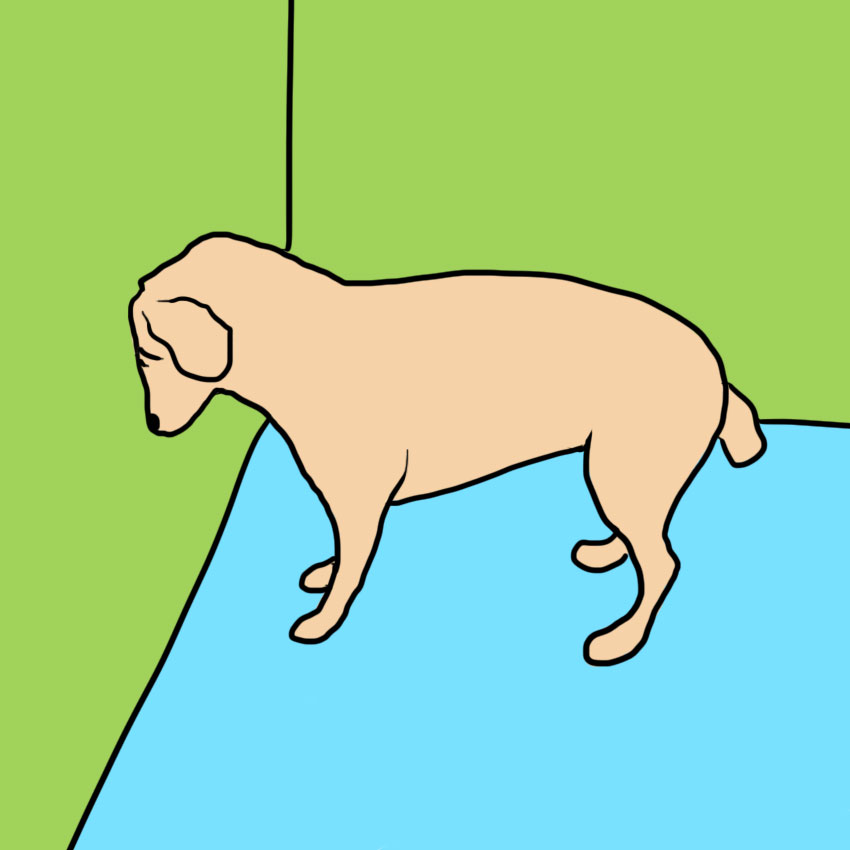
According to Pet MD, head pressing is "a condition characterized by the compulsive act of pressing the head against a wall or other object for no apparent reason."
It's a repetitive motion that your pet might perform over and over again, reflexively, like scratching an itch or sneezing.
The motion itself isn't dangerous, but it indicates that a disease or an injury has damaged the nervous system.
Cause #1: Salt Imbalance
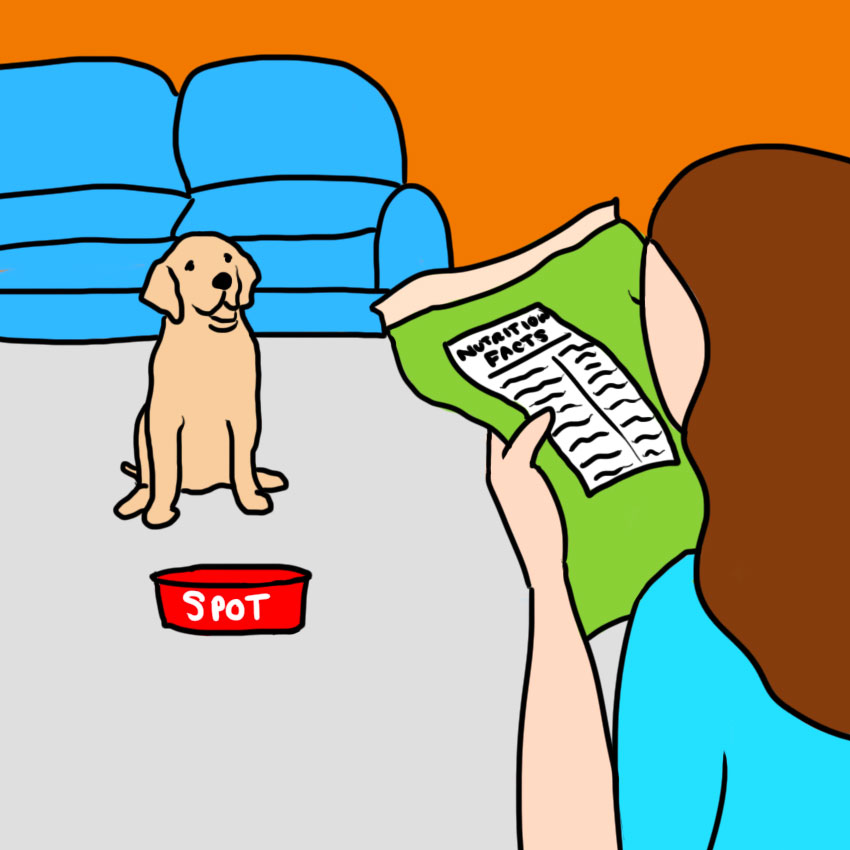
Dogs might not sprinkle salt and pepper on their food like we do, but they still need salt in their diets.
With too much of too little sodium, water can't move effectively through the body. This will means that your dog could become dangerously dehydrated.
Salt imbalances can lead to swelling in the brain and seizures. This can happen as a result of kidney disease, or after a bad bout of diarrhea.
Cause #2: Tumor
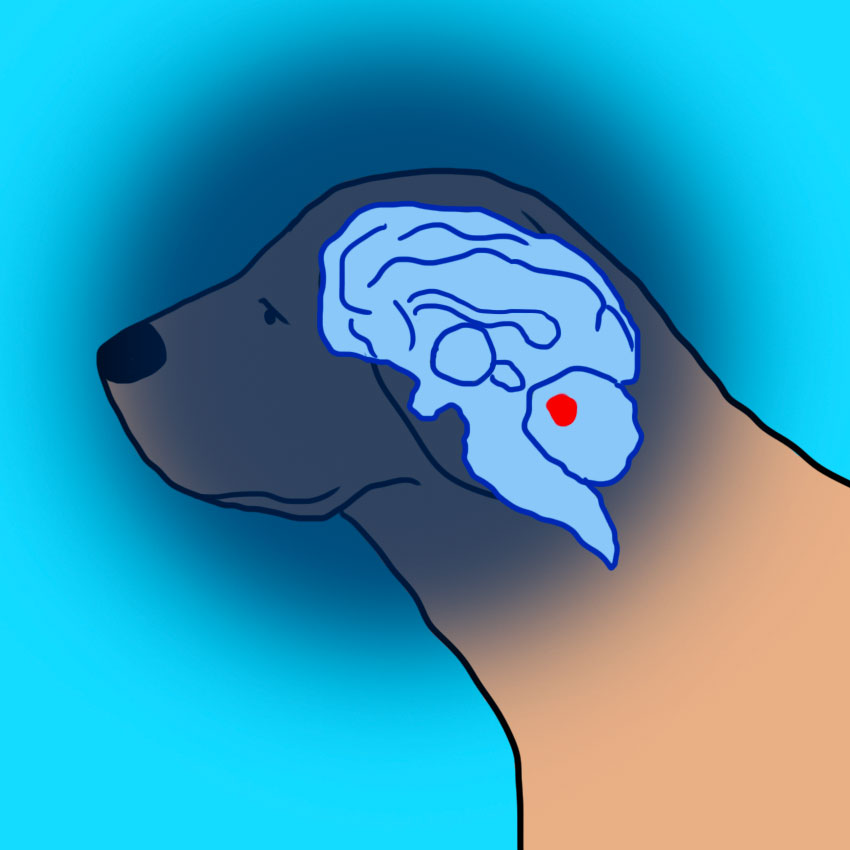
Some brain tumors are cancerous and some are benign, but even benign tumors can cause lots of unpleasant symptoms.
That's because a growing tumor can press against various parts of the brain, affecting how those areas function.
When a tumor expands so that it damages the nervous system, your pet might express the discomfort with head pressing.
Cause #3: Rabies
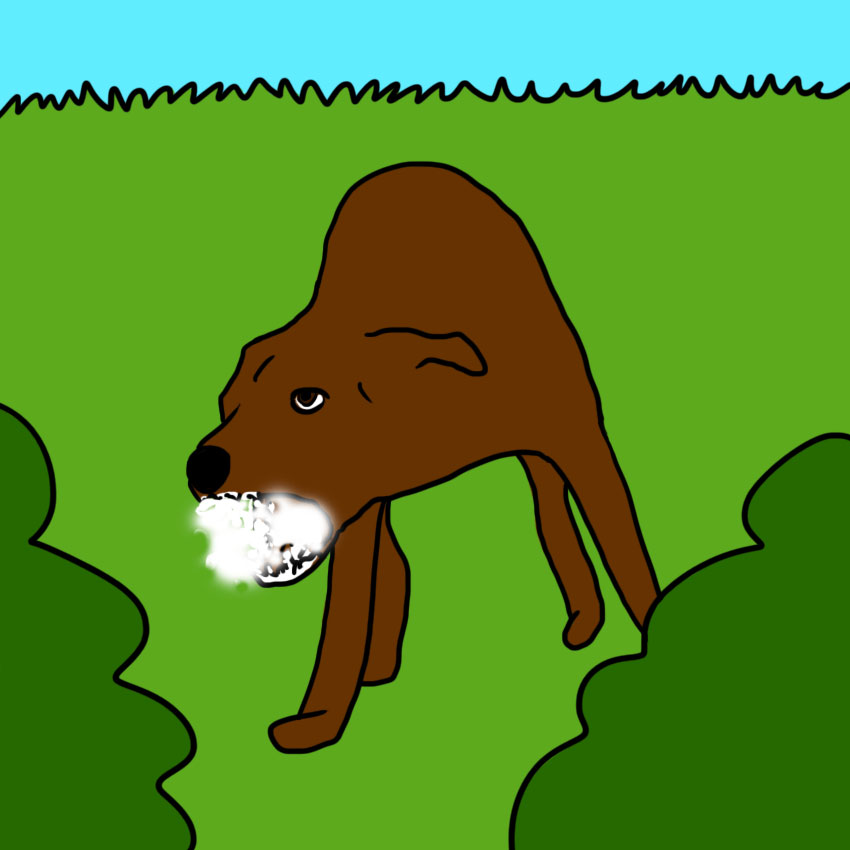
If you notice head-pressing in your pet, it's urgent that you look carefully for symptoms of rabies.
These include foaming at the mouth, fear of water, compulsive behavior, and eating foreign objects.
Rabies is almost always fatal in dogs, cats, and humans, and can be passed easily with a bite. This is considered a medical emergency.
Cause #4: Parasites
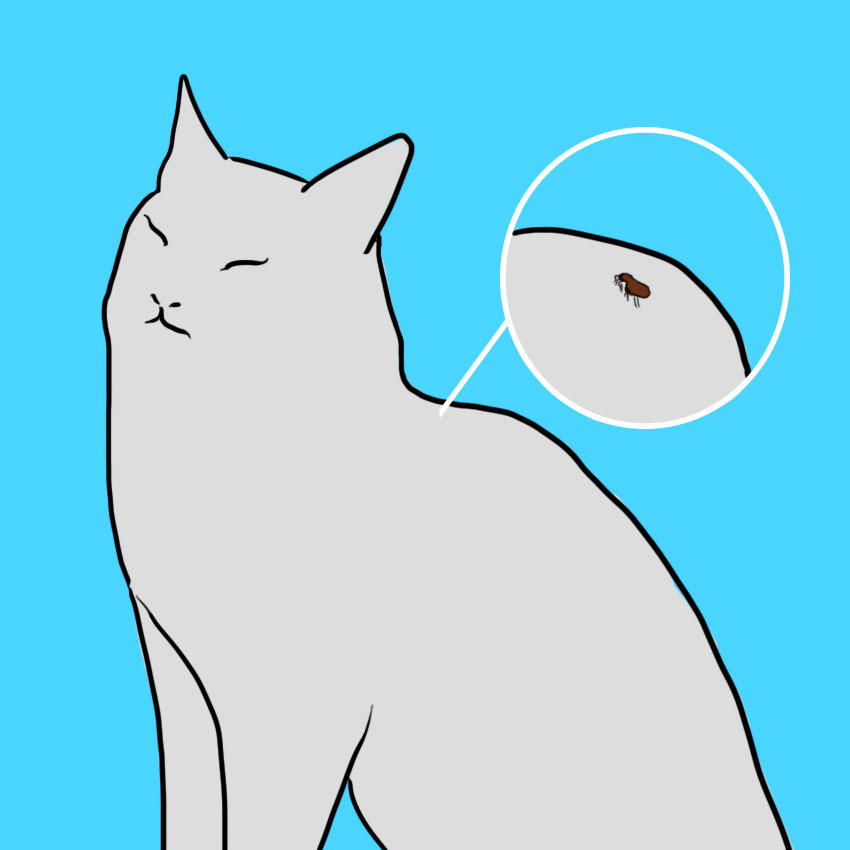
Pets, especially outdoor ones, can pick up all sorts of hitchhikers in the great outdoors.
Some are harmless, while pests like ticks, fleas, and worms can cause serious problems.
Ticks are particularly known for causing neurological problems and hurting the nervous system, since they can introduce diseases like Lyme and Rocky Mountain spotted fever.
Cause #5: Lead Poisoning
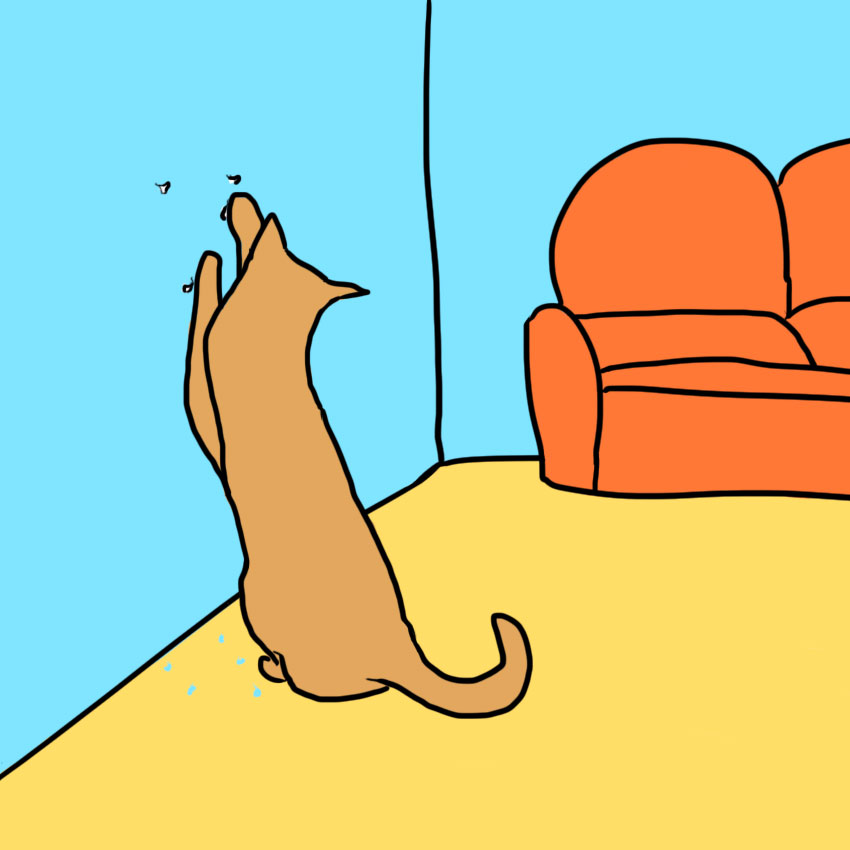
Back in the day, people used lead for all sorts of industrial applications without realizing how poisonous it was.
Old houses are a particular hazard for pets, since they might lose flakes of lead-tainted dust that your pet ends up eating by mistake.
Lead poisoning usually builds up slowly over time. It can cause brain damage, including permanent intellectual impairment.
Cause #6: Head Trauma
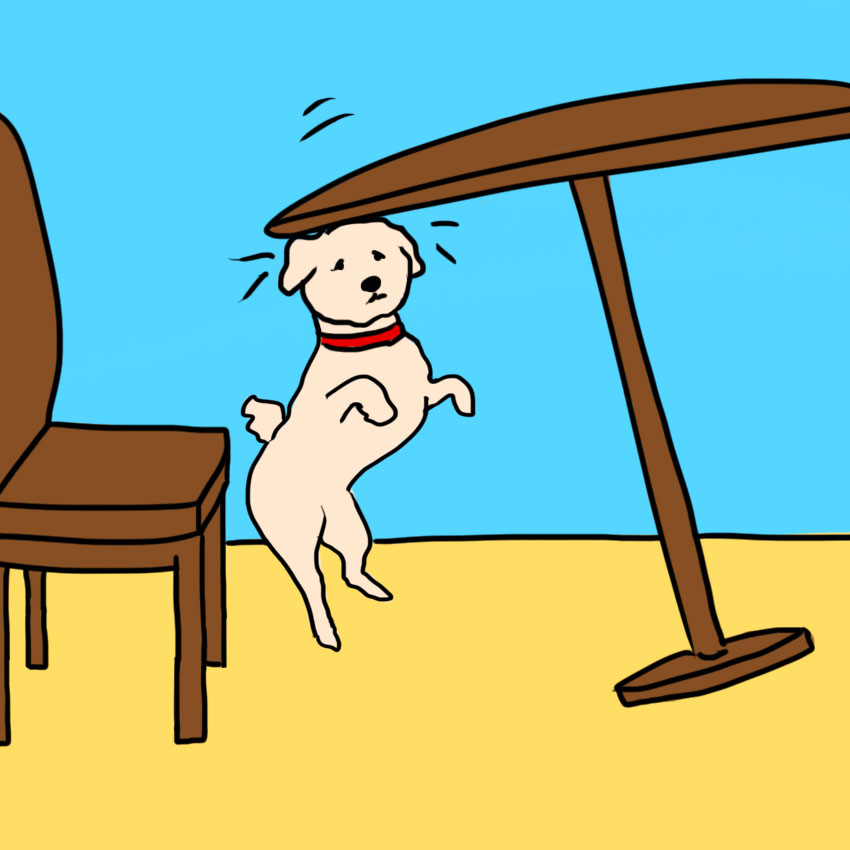
When an animal gets a concussion, they react a lot like humans do: they get confused and disoriented, and might lose their sense of balance.
Head trauma can also cause head pressing in pets, as they try to relieve pressure or pain from the injury.
If you suspect your dog has had a head trauma, call your vet straightaway.
Cause #7: Stroke
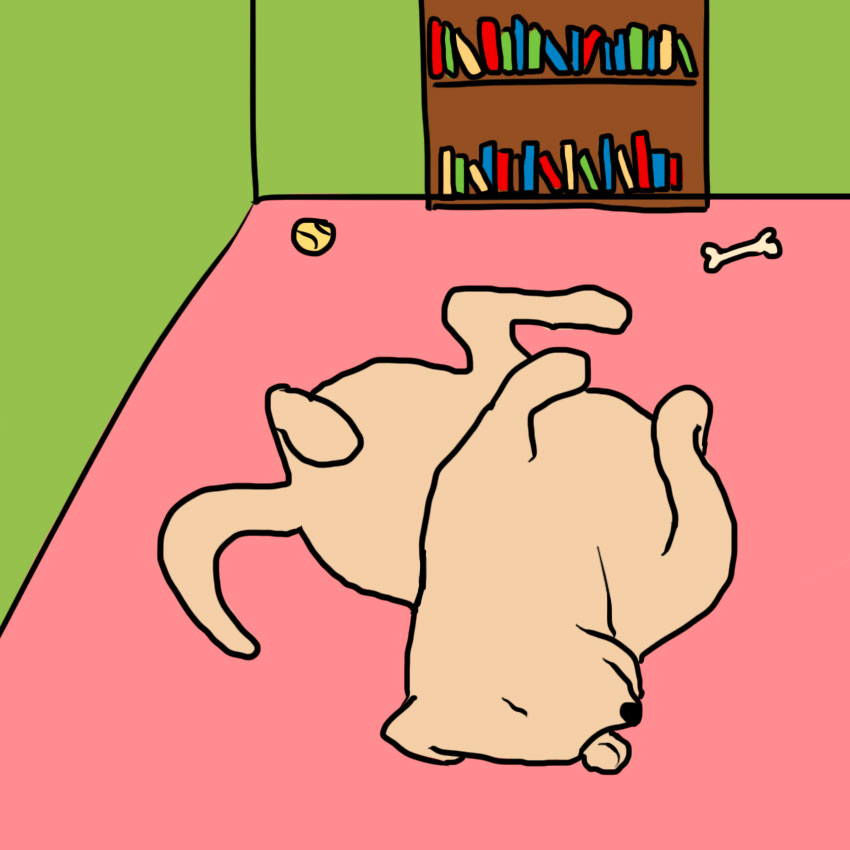
A stroke is a bleed in the brain, and it can cause anything from minor trauma to major neurological impairment.
There aren't always warning signs before a stroke, which is why head pressing can be so significant — sometimes it's the only warning a pet owner has that something is wrong.
Help other dog owners learn about this important symptom, and SHARE this information.




